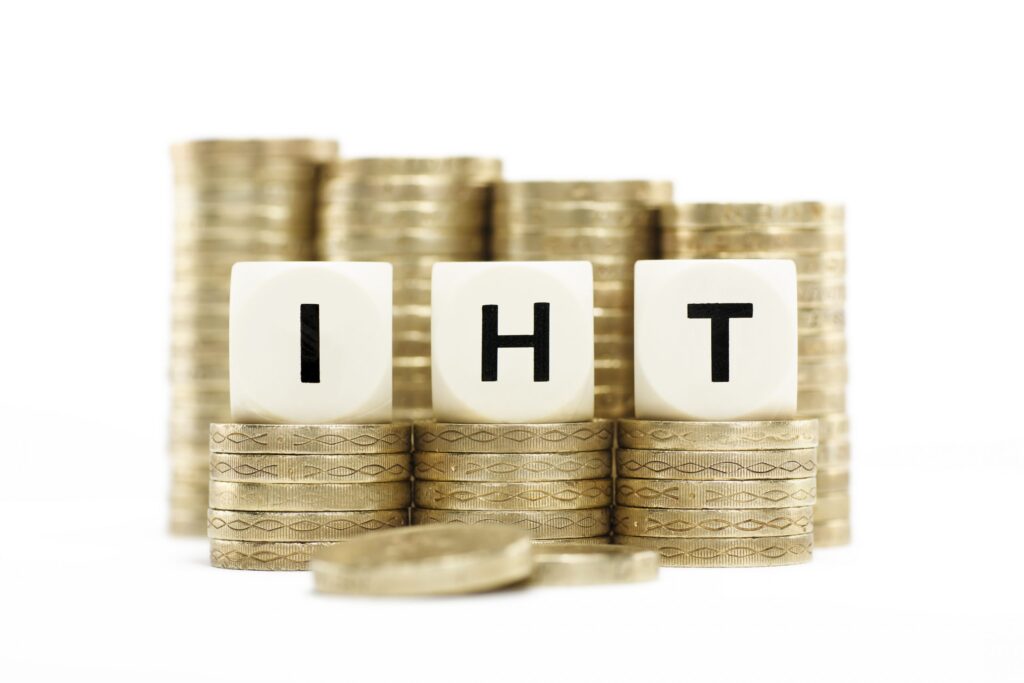Inheritance tax receipts between April 2023 and January 2024 stood at £6.3bn –£400m higher than the same period last year, while income tax and National Insurance intake came to £336.2bn, a staggering £20bn more in just a year.
Annual receipts for 2022 to 2023 grew to £7.1bn, according to the latest figures from HMRC. It cited a combination of higher volumes of wealth transfers following inheritance tax-liable deaths, rises in asset values and the Government’s move to maintain the inheritance tax tax-free thresholds at their 2020/21 levels up to 2028.
Meanwhile, income tax, Capital Gains Tax (CGT) and National Insurance Contributions (NICs) for the period stood at £390.9bn, which is £21.1bn higher than the same period last year.
From a stamp duty perspective, overall receipts for April 2023 to January 2024 were recorded at £12.7bn, which is £4.1bn down on the same period last year.
Annual receipts for 2022 to 2023 rose £700m year-on-year (YOY) to £19.3bn, which HMRC said could be explained by a “combination of increases in average property prices and the end of the stamp duty holiday”.
Total HMRC receipts for the period were recorded at £695.1bn, £33.6bn higher than the same period last year.
‘Record-breaking year’
Helen Morrissey, head of retirement analysis at Hargreaves Lansdown, said that inheritance tax receipts were “on track for another record-breaking year”, with HMRC reporting over £7bn in inheritance tax last year and looking “set to do so again, as long-term house price growth and frozen thresholds drag more families into the net”.
She said: “However, something of a reprieve could be on the cards should the Government move to change inheritance in the upcoming Budget. Rumours were rife the Chancellor was looking to slash the headline rate of inheritance tax to 20% in the run-up to last year’s Autumn Statement, and speculation has started up again.
“The jury is out on whether reducing the main rate is the best way to go, though. Inheritance is a hated tax, but it is currently only paid by about 4% of estates. Cutting the main rate could also be seen as benefiting richer estates who would have larger bills to pay.”
Morrissey added that increasing the long-standing £325,000 threshold, or combining it with the residential nil rate band, could have a wider impact on smaller estates, especially those who have unintentionally passed the threshold due to house price growth, as they could be “lifted out of paying inheritance tax and spare themselves a nasty surprise bill”.
“It would also help ease the burden that falls disproportionally on single people. Increasing thresholds – for instance, increasing gifting allowances – could also encourage more people to think about how their assets could be used to support their family members during their lifetime,” she said.
Budget tax cut speculation
Rachael Griffin, tax and financial planning expert at Quilter, said the soaring income tax and NIC intake has “persisted”, despite the fact that these figures include the first month of the Government’s 2% cut to National Insurance from 12% to 10% for the main rate of Class 1 employee NICs.
“Though time will tell whether the cut to National Insurance will cause a slowdown in the rate at which this increase in tax take grows, the fiscal drag effect caused by the frozen income tax thresholds, coupled with inflation driven wage growth, will likely keep the number ticking up.
“The cut to National Insurance allows basic rate taxpayers to save a maximum of £754 per year. However, this saving is already being eaten into as households face increased costs elsewhere, such as the increase to council tax, which will hit from April. The changes mean the average Band D household will now face an annual bill of £2,168, a rise of £103 compared to the current financial year,” she said.
Griffin added that, with pressures on household finances, there may be further tax cuts announced in the Budget.
“Polls suggest the Conservatives are struggling, so we can expect they will pull out all the stops at the Budget in an attempt to sway voters as we near the election. Should a further cut materialise as part of this, we could see tax revenues fall considerably.”




